Are Men in Blue the new chokers?
Ashwin Jangam
February 12, 2024
Cricket is a game of uncertainties. Many occasions of a strong team getting defeated by a relatively weaker team are a common sight. A few odd victories like these do amuse the fans up to a certain extent, but not much. It is actually the occasions of teams with splendid performances in the entire tournament eventually crumbling in the knockouts, which baffles viewers the most. Such teams are called as chokers, a tag which once gained is pretty hard to get rid of. South Africa are termed as the longest running chokers in the history of the game. However, it now seems like India is not too far from achieving that unwanted status.
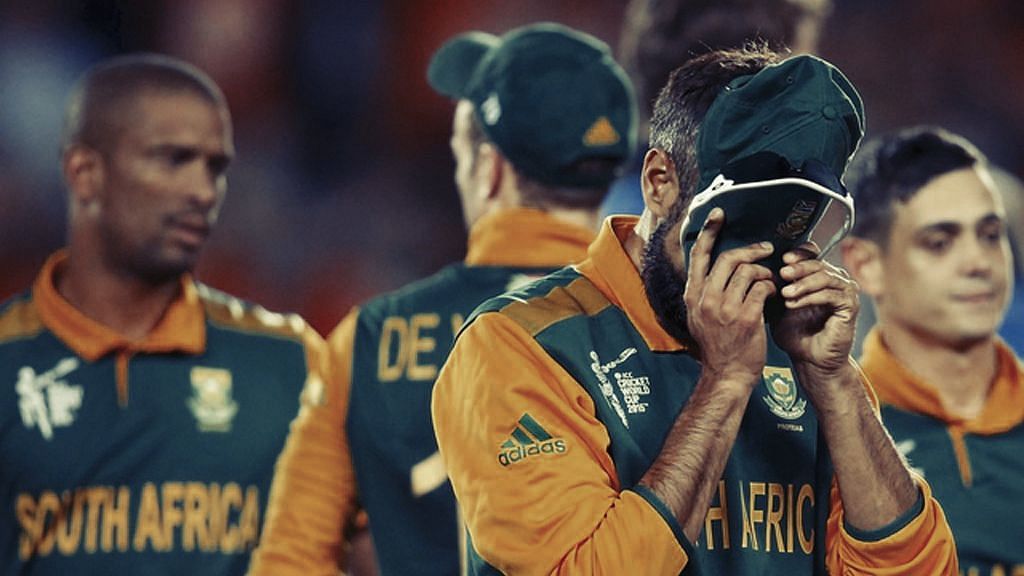
The nation which enjoys the most formidable position in world cricket, which boasts the richest board and which hosts the most prestigious franchise league, is brutally failing at the world stage when it comes to the ICC tournaments. In just last 8 months, Men in Blue lost the WTC final in June, 2023 World Cup final in November and U19 World Cup final yesterday, all against Australia. And what's common in all these is that they enjoyed a rich vein of form in all these tournaments, except for the finals. Bagging the spot in finals of WTC for 2nd consecutive time, enjoying unbeaten winning streaks in 2023 World Cup and U19 2024 World cup, the team had the best chance to clinch on to the title, which they failed.
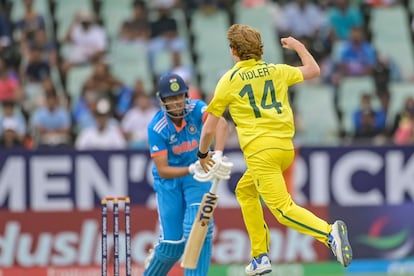
As disappointment becomes a habit of Indian fans, it was not always the case. Every captain tried their best to bring laurels. Kapil Dev, Sourav Ganguly won ICC trophies. Then the golden period of MS Dhoni from 2007 to 2013 saw India clinch on to 3 ICC trophies. But then, things took a sharp turn from 2013. The 2014 T20 world cup brought the first disappointment as Srilankan team gave a farewell to Sangakkara and Jayawardene, by defeating Men in Blue in finals. Since then, India lost in the semi finals of 2015 World Cup and 2016 T20 World Cup, lost by a mammoth margin in 2017 Champions Trophy against arch rivals Pakistan, got defeated by a small margin against nemesis New Zealand in 2019 World Cup, lost in the final of inaugral edition of WTC in 2021, got thrashed in 2022 T20 World cup, lost 2023 WTC final, suffered a disappointing final defeat in 2023 World Cup, and finally was defeated yesterday in the finals of U-19 World Cup.
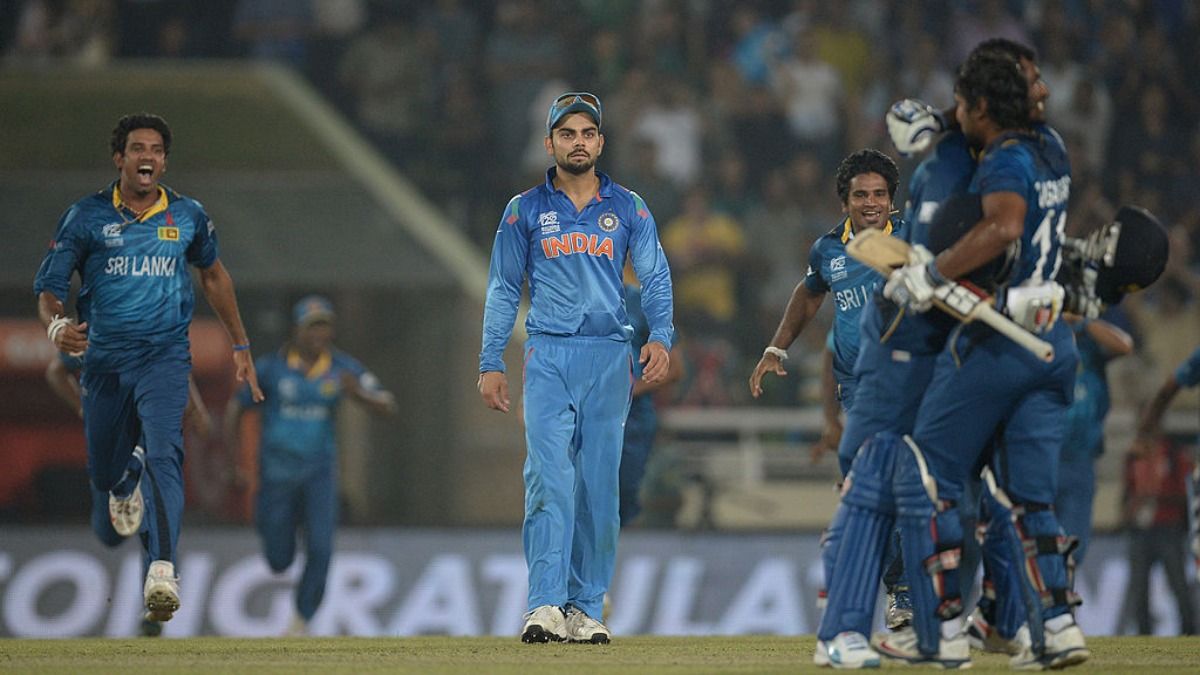
These many losses are sufficient enough to make an ardent fan of the game to stop following it. But the main question which prevails is that how the team consistently performing in league stages fails in the knockouts? And the answer to it is not really simple. The first and the most important reason is the intensity of the team. Adrenaline gets the best out of anyone. In case of South Africa, the extreme intensity is the reason for their failure in pressure situations, and in India's case it is the lack of intensity with which the game has to be played. The team which earlier found it easy to win against the most lethal teams, now falter against mediocre teams in the knockouts. And the primary reason for lack of intensity is the hectic calender of Indian cricket.
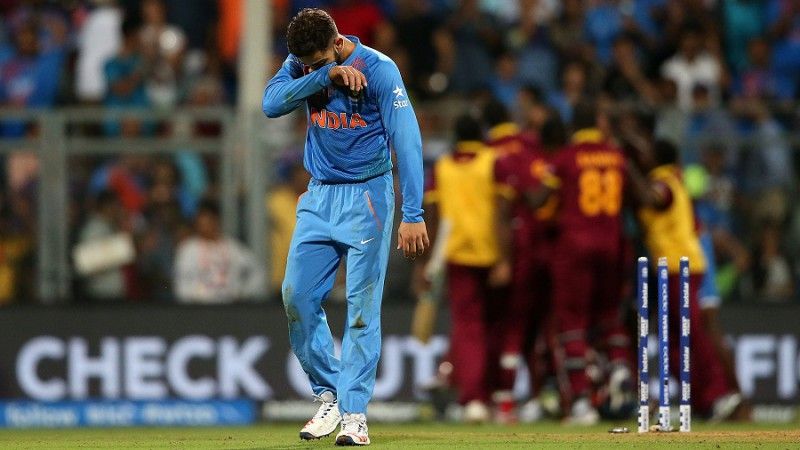
Too much of cricket played by the Indian team can easily lead to the players take casual approach in the crunch moments. Furthermore, the Indian Premier League and the cricketing calender revolving around it does not give the players time for recovery and rejuvenation. Fatigue, both mental and physical results in heavy losses in the intensity with which the game is played. To add to it, the stardom due to fanbases affects mindset of the players who aren't too eager to improve their styles as per required. Also, the ICC events which used to happen only once in 4 years, have now become a yearly phenomenon. A WTC every 2 years, T20 world cup happening every alternate years, combined with the Champions Trophy and World Cup every 4 year don't allow any year to be free of ICC events. A result of all these, along with tight scheduling of IPL every year results in lack of intensity, which eventually reduces the hunger for a victory.
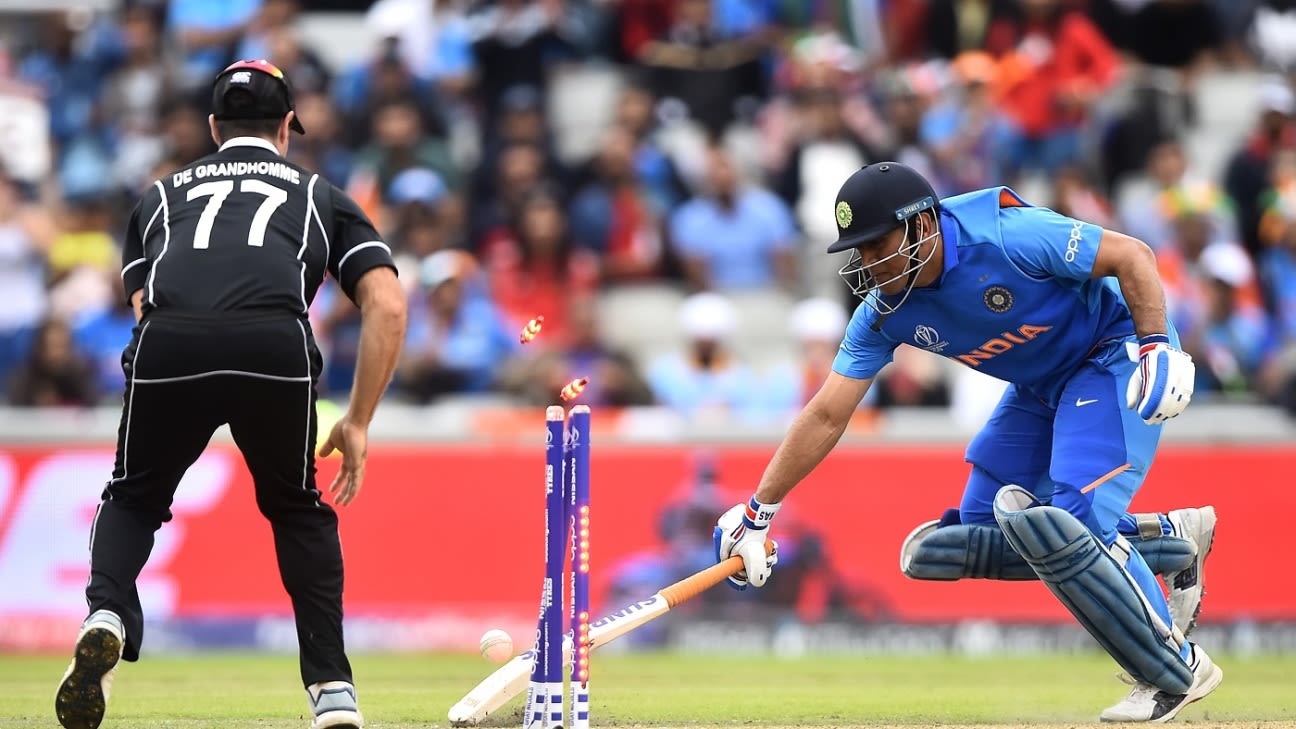
Another major disadvantage for the Indian team is the population and expectations of the countrymen they play for. The second most populated cricket playing nation still has only 15% population to what India alone has. And with a massive following for the sport, comes the pressure of performance, along with coping up with the exponential level of trolling which happens online. The pressure of a billion people desperately waiting for the ICC trophy to come home, eventually takes a toll on the mental health of players. And once something gets imbibed in the minds, it is a tedious task to change it. The classic case of it is the India vs Pakistan matches in ODI World cup. The pressure on Pakistan team to win atleast 1 match is so huge, that they fall prey to it and end up losing every other time they face India.
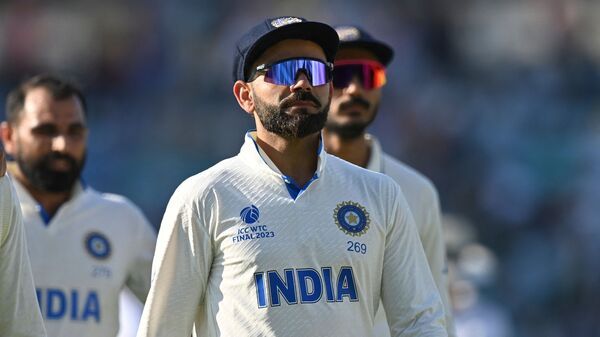
Also, the team bonding plays a crucial role in getting the best results from the team. The team of 1983, the young side of 2007 T20 world cup, the squad of 2011 World cup were so closely bonded to each other, which reflected on the field when they played as a unit. On the other hand now, due to the IPL and stardom, a sense of ego has prevailed in the players, who are self centred more than a team player. The secluded groups formed in the team do affect the outcome of how the team performs on the field. And when such a group faces a group of individuals who play as a team and for the team, the former one is always at a major disadvantage even before the first ball is bowled. Having a team gives you a reason to fight, if not for you, then for your team members and lack of having that can not produce the desired results.
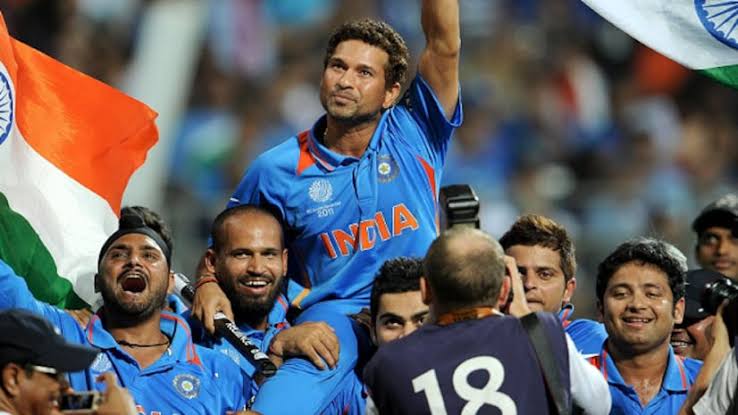
All these reasons do affect the performance, but the final and the perhaps the most important reason for the failure in critical situations is not having a purpose for the tournament. For instance, the 1983 World Cup triumph was a result of one crazy man who wanted to show the world that Indians are not inferior to anyone. That purpose helped him score 175, which pumped the team, who eventually won the Cup. Similar was the case with 2007 T20 World Cup, when a young side led by Dhoni wanted to show that they can win the cup even without the seniors. 2011 World Cup is the best example of having a purpose, as everyone wanted to win it for Sachin Tendulkar, the man who served India for 22 years. And as positive an effect one sees on a team having a purpose, an equally negative effect can be seen on a team who plays in a directionless manner without a purpose.
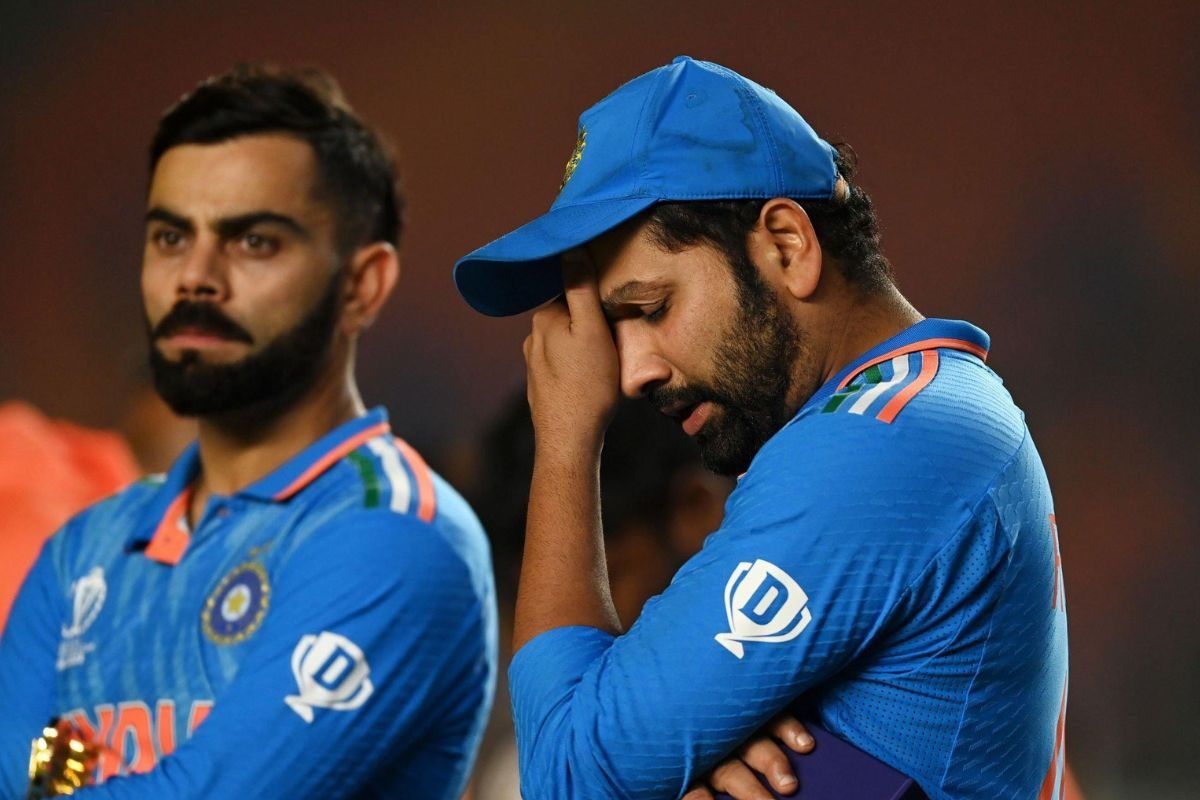
A cumulative result of all these together, is what reflects in the team's performance in the most important matches. Which is why, Men in Blue brutally falter in knockouts, even after winning most of the bilaterals and league stage matches. And a team which continues the same for a small fraction of time, or for very few instances could be termed as unfortunate. However, a team repeating the same in every other tournament, certainly needs to be called chokers. And in all possibilities, the way the Indian team is cruising, the team is and will be called chokers, until they clinch on to some title sooner. As an ardent fan of game, and a forever supporter of Men in Blue, it is a very sad state to be in, and I wish to see this change for the good of the game in the country. Hopefully, like phoenix rising from the Ashes, the team will rise and fly high sooner again.